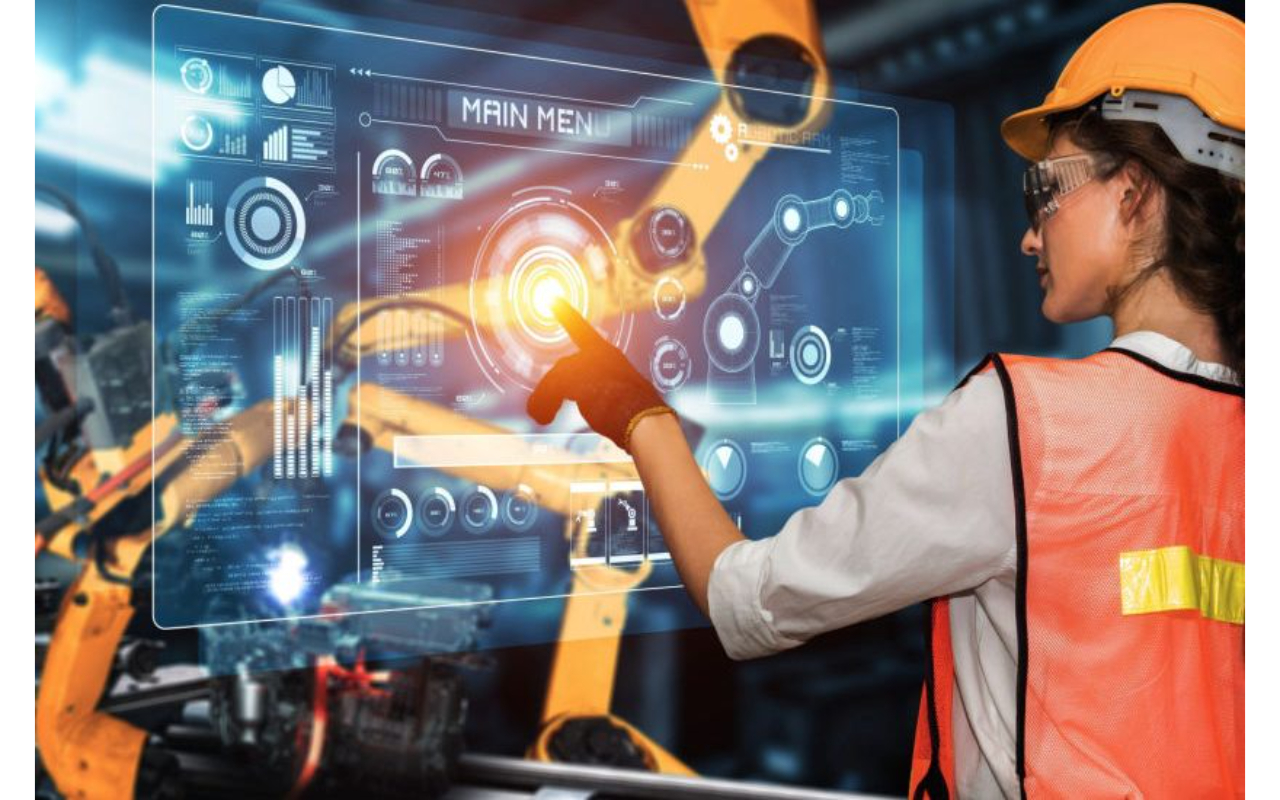In the ever-evolving landscape of technology, one field that has witnessed a remarkable transformation in recent years is robotics. From manufacturing and healthcare to agriculture and transportation, robots are revolutionizing industries and reshaping the way we live, work, and interact with the world around us. In this blog, we’ll delve into the robotics revolution, exploring the advancements, applications, and implications of this transformative technology.
Advancements in Robotics:
The field of robotics has seen tremendous advancements in recent years, driven by breakthroughs in artificial intelligence, machine learning, sensors, and materials science. Today’s robots are more intelligent, versatile, and capable than ever before, with the ability to perceive and interact with their environments, learn from experience, and adapt to changing conditions in real-time. These advancements have unlocked new possibilities for automation, efficiency, and innovation across a wide range of industries.
Applications of Robotics:
Robots are being deployed in a diverse array of applications, each with the potential to revolutionize industries and improve quality of life:
- Manufacturing: Robots have long been a staple of the manufacturing industry, where they perform repetitive tasks with precision and efficiency. Advances in robotics have led to the development of collaborative robots, or cobots, which work alongside human workers to increase productivity and safety on the factory floor.
- Healthcare: In healthcare, robots are being used for a variety of tasks, from assisting with surgeries and rehabilitation to providing companionship and support for the elderly and disabled. Surgical robots, in particular, are revolutionizing minimally invasive procedures, allowing for greater precision, control, and patient outcomes.
- Agriculture: In agriculture, robots are being employed for tasks such as planting, harvesting, and monitoring crops, helping to increase yields, reduce labor costs, and optimize resource use. Autonomous drones and robotic vehicles are also being used for precision farming, mapping fields, and detecting crop diseases.
- Transportation: The transportation industry is undergoing a transformation with the rise of autonomous vehicles, drones, and delivery robots. Self-driving cars promise to revolutionize mobility, reduce accidents, and alleviate traffic congestion, while delivery drones and robots offer new solutions for last-mile logistics and e-commerce fulfillment.
- Space Exploration: Robots play a crucial role in space exploration, where they are used for tasks such as planetary exploration, satellite servicing, and space station maintenance. Robotic rovers like NASA’s Curiosity and Perseverance are paving the way for future human missions to Mars and beyond.
Implications of Robotics:
While the robotics revolution holds immense promise for innovation and progress, it also raises important questions and considerations:
- Ethical and Social Impact: As robots become more autonomous and intelligent, questions arise about their ethical implications, including issues of accountability, privacy, and job displacement. Ensuring that robots are designed and deployed ethically and responsibly will be crucial for addressing these concerns.
- Regulatory Challenges: The rapid pace of technological advancement in robotics presents challenges for regulatory agencies tasked with ensuring the safety, security, and ethical use of these technologies. Clear guidelines and standards will be essential to address regulatory gaps and mitigate risks.
- Human-Robot Interaction: As robots become more integrated into our daily lives, fostering positive interactions between humans and robots will be important for acceptance and adoption. Designing robots that are intuitive, user-friendly, and capable of understanding and responding to human emotions and preferences will be key.
Conclusion:
The robotics revolution is transforming industries, driving innovation, and shaping the future in ways we could only have imagined a few decades ago. From manufacturing and healthcare to agriculture and transportation, robots are revolutionizing the way we live and work, offering new solutions to some of the most pressing challenges facing society. As we continue to push the boundaries of robotics technology, it’s essential to consider the ethical, social, and regulatory implications of these advancements and ensure that robotics serves to enhance human well-being and prosperity. With careful consideration and responsible stewardship, the robotics revolution has the potential to usher in a new era of progress and prosperity for all.

